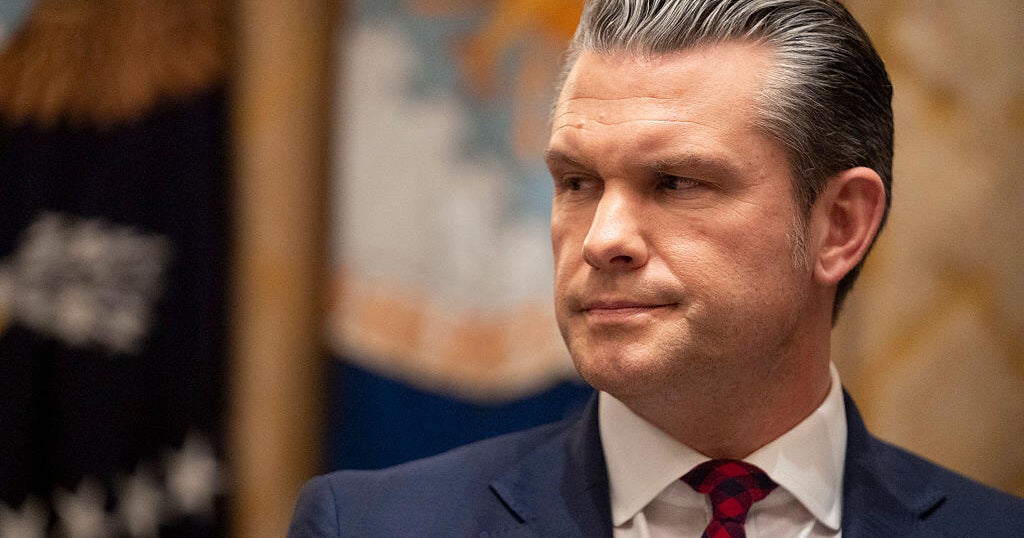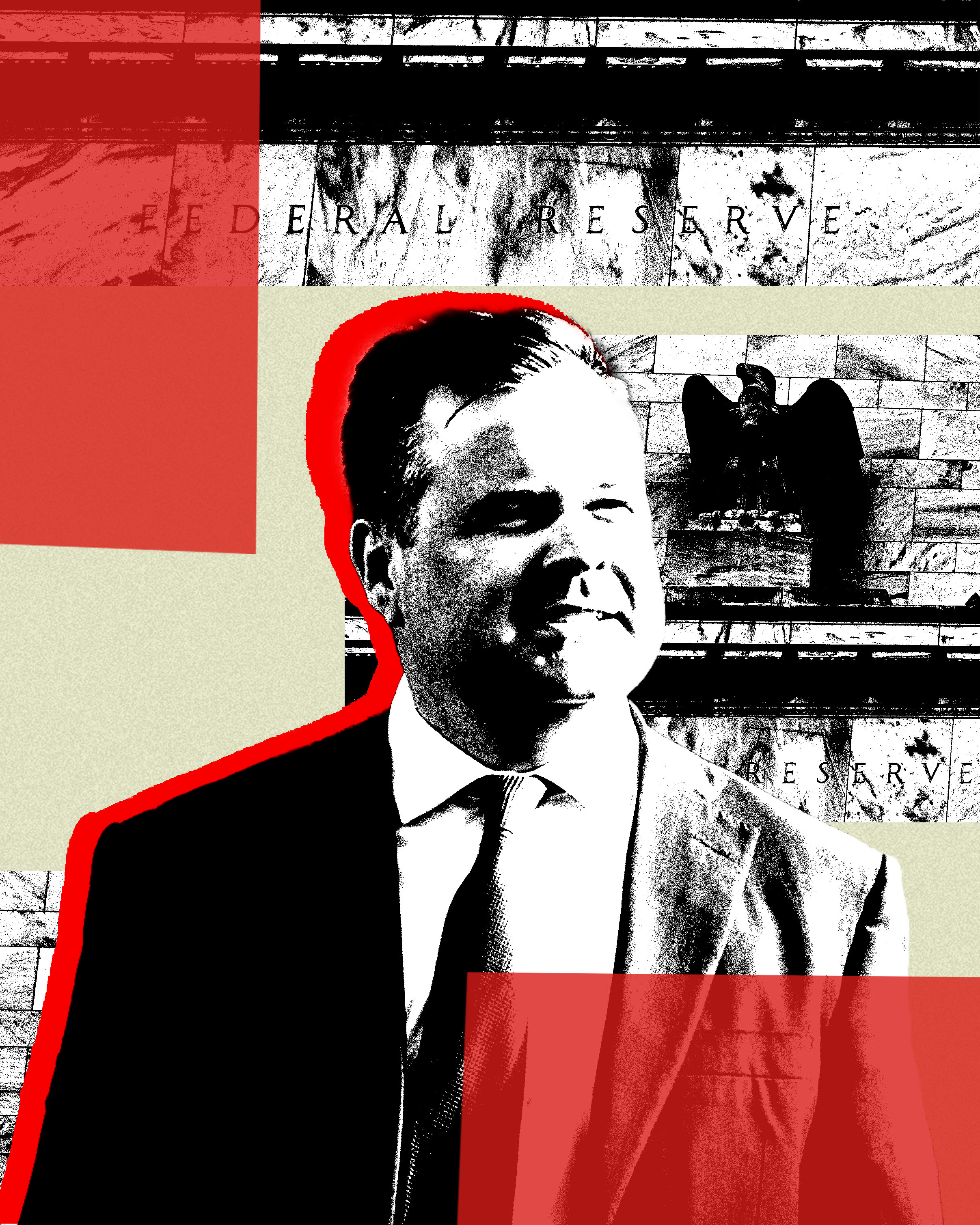Microsoft and Wells Fargo committed to diversity — the feds say not so fast
When Microsoft and Wells Fargo recently pledged to hire more Black executives for senior management positions as part of a broader push to add diversity, the U.S. Department of Labor had a message for both of their CEOs: The companies' actions could be discriminatory.
In September 29 letters sent to lawyers for the technology and banking giants, the agency indicated that statements made by Microsoft chief Satya Nadella and Wells Fargo head Charles Scharf committing to significantly boosting the number of Black managers and employees could violate federal affirmative action laws.
Scharf said in June that the company expects to be "doubling Black leadership" over the next five years and that top managers will be evaluated based in part on making progress toward that goal.
The executive's statements "appear to imply that employment action is being taken based on race," Craig Leen, director of the Labor Department's Office of Federal Contract Compliance Programs, said in its letter to Wells Fargo. But government contractors are forbidden from discriminating on the basis of race or color in order to give a particular group additional opportunities, he noted, adding that "quotas are expressly forbidden."
Leen also asked the bank to provide documents proving that its plans to add racial diversity aren't discriminatory. In similar language, his office also notified Microsoft that it may be violating affirmative action rules and asked for information justifying its diversity plan.
Not business as usual
One expert in labor law expressed surprise at the government's pushback on the companies' efforts to hire more people of color.
"I don't see why that raises a red flag," said David Lopez, dean of the Rutgers University law school in Newark, New Jersey, and a former lawyer with the Equal Employment Opportunity Commission under the Obama administration. The Labor Department probes represent "an unusual use of its resources," he added.
The agency's contract compliance office historically works to ensure that companies have inclusive workplaces, said Lopez, who called the letters from Leen "certainly not consistent" with the office's regular duties. He also said the diversity pushes by Microsoft and Wells Fargo are noteworthy because of the history of "subjective hiring practices" within the technology and financial services industries.
The Labor Department declined to comment on the letters and wouldn't disclose if officials sent similar warnings to other companies. Wells Fargo also declined to answer questions about the letter. In a statement to CBS MoneyWatch, the company said it's "committed to and taking action to become a more diverse and inclusive company."
"Numerous efforts are underway to implement changes at all levels of the company, and we are confident that they comply with U.S. employment laws," Wells Fargo said.
Microsoft's response
Microsoft did not respond to requests for comment, but one company official said in a blog post this week that Microsoft's goal of doubling the number of Black senior managers by 2025 compiles with federal law.
The Labor Department "asked us to prove that the actions we are taking to improve opportunities are not illegal race-based decisions," wrote Dev Stahlkopf, a Microsoft lawyer. "Emphatically, they are not."
Stahlkopf said Microsoft will groom a pipeline of diverse workers for its jobs and train managers on inclusive hiring practices in order to reach its goal — not just hire people because they're Black.
"We hire and promote the most qualified person, and nothing we announced in June changes that," Stahlkopf wrote.



